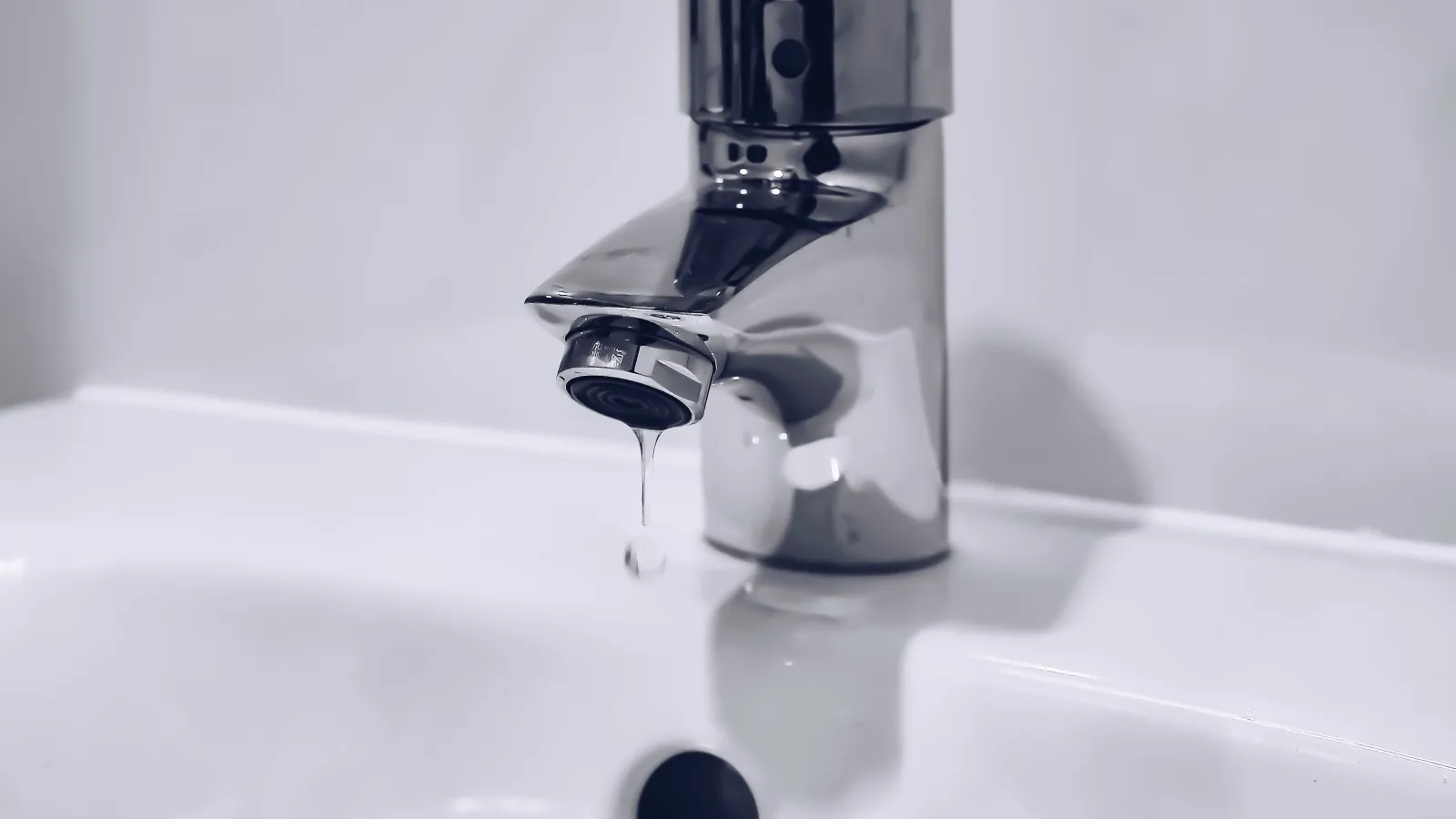9 Ways to Improve Your Water Quality

Most of us can rely on our towns to provide clean and safe drinking water. Recently, not everyone has the fortune of having quality water to meet their home needs, so we should count our blessings.
Water quality can vary by location. It is important to understand where your water supply comes from and if there are any impurities that could lead to risks.
According to the Centers for Disease Control and Prevention, we should be using purified water for basic home needs like drinking, freezing for ice, making coffee, showering, washing our hands and brushing our teeth.
However, water quality means more than health hazards. Water can contain calcium and other mineral deposits that create hard water. These items are harmful to your health and need to be removed before use or consumption. This can be accomplished with a whole-house filtration system, which means all of the water used in your home from your dishwasher, washing machine, kitchen sink and showers will have pristine filtered water just like you would purchase from your local grocery store.
If you have any questions about your water quality, then Snappy offers an in-home water analysis to help ensure your family has the safest water around.
To help, here are some ways to help improve your water supply.
Protect Your Local Water
Part of improving your water quality is understanding the source of water. It is important to identify the source of your water and work to protect the local environment.
- No Dumping - materials dumped down storm drains flow directly into local lakes and rivers.
- Clean Up After Pets - pet waste contains potentially harmful bacteria if it enters waterways.
- Use Non-Toxic Products - water treatment facilities do not remove all toxins that are found in common household goods.
- Dispose of Toxic Products Correctly - take any toxic products to a hazardous waste facility.
- Apply Fertilizer Carefully - during rain storms, fertilizer can run off your yard and contaminate local water supplies.
- Divert Water From Drains and Gutters - leverage rainwater and divert rain onto grass and landscaping to keep the public drain system from being overwhelmed. Plus, save on water costs.
- Plant Local - native plants in your home garden decrease water dependence and reduce the need for fertilizer and pest control.
Protect Your Household Water
Homeowners that do their part to help the local community will also want to take actions at home to improve their water quality. For the most part, using common sense is the best way to improve water quality.
The Water Quality Association provides a basic overview of simple solutions homeowners can take to help improve their water quality.
- Clean Water Filters - filters do not work forever, but clean your filters to increase their lifespan.
- Wash Water Containers - mix a few drops of dish soap with clean water and pour into water containers. Brush with a dish rag and rinse liberally to keep your water containers clean.
As the WQA notes:
"You can have the best water treatment in the world, but if you put clean water into a dirty container, it may no longer be safe or palatable to drink."
Benefits of a Water Softener System
Water softeners are designed to treat and get rid of hard water conditions by filtering out calcium and mineral deposits. Some of the benefits of a water softening system include:
- Brighter and Whiter Clothes
- Increased Longevity of Washing Machine and Dishwasher
- Reduced Cleaning Supply Costs by 50-75%
- Improved Water Flow and Pressure
- Increased Water Heater Efficiency
- Easier Shower and Sink Cleaning
Water softeners remove minerals that cause hard water. These systems help contain costs because hard water leads to buildup in pipes that lead to murky water.
In fact, according to the WQA, using hard water in appliances such as water heaters can reduce efficiency by nearly 50 percent.
Benefits of a Water Filtration System
Studies have shown that you absorb more water into your body and bloodstream during a 10 minute shower than if you were to drink 56 ounces of the same water!
We rely on water to maintain healthy lives, so water filtration systems ensure that all of your home's water is high quality.
How?
Water filtration systems remove contaminants from water prior to your family drinking or bathing.
The main filtration systems include:
- Point Of Use Water Filters - remove lead from drinking water immediately prior to consumption.
- Countertop Water Filters - provide a steady source of clean, healthy water.
- Under-the-Sink Water Filters - serve the same purpose as countertop filters, except fit under any size sink.
- Whole-House Water Filters - provide cleaner and healthier water at every water source in your home.
At Snappy, we encourage homeowner to take preventative measures to ensure the safety of their homes and families. Many people think about preventative maintenance as annual appliance checkups to check for any issues with their furnace, water heater or air condition unit.
We tend to forget how much water matters. Water is the critical component in most aspects of our lives, so we think it is pretty important to keep safe. Plus, clean water helps keep those appliances working all year long as well!
If you have any questions about your water quality or want an in-home water analysis, Snappy is here to help!

